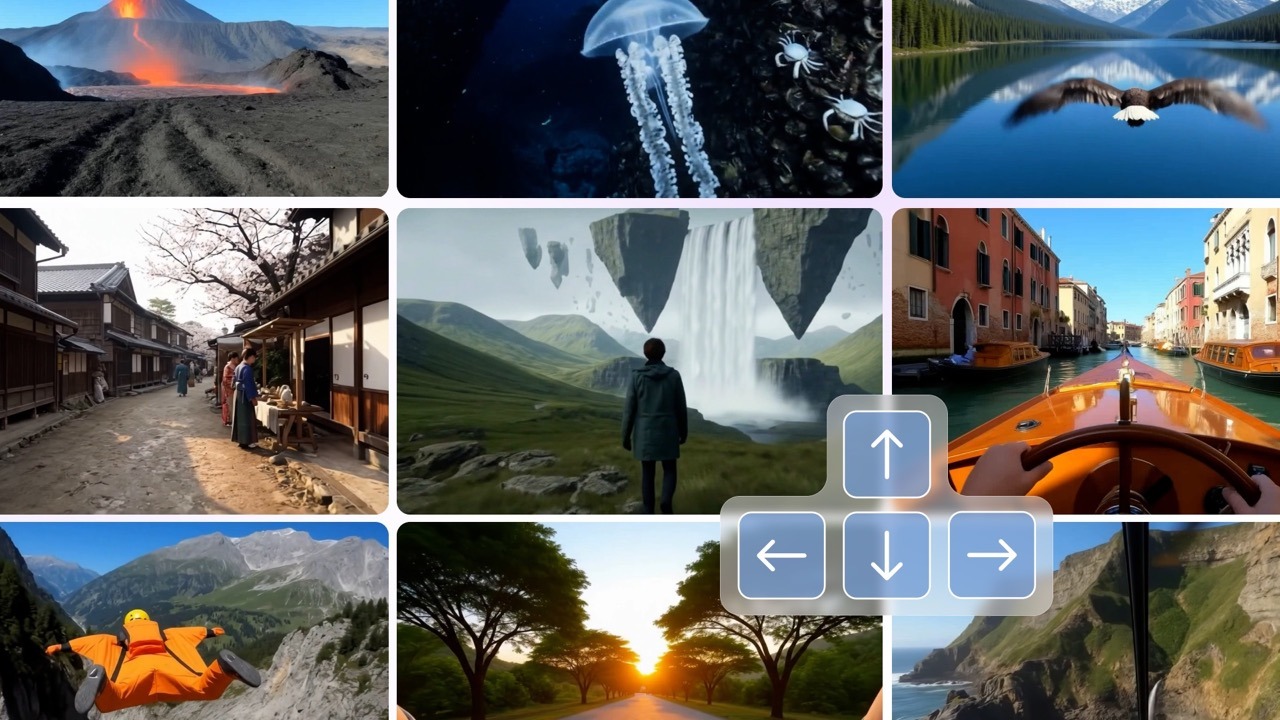With the explosion of generative AI, it's infiltrating everything from classroom assignments to journal articles. For instance, a report by Anthropic highlights how students are outsourcing higher-order thinking like analysis and creativity to AI, while also becoming increasingly confused as they use it more.
Many major journals have introduced AI usage guidelines. Prestigious scientific journals like "Nature," medical journals such as "The Lancet," and political science journals like "AJPS" now require full disclosure if AI is used. Of course, AI can't be listed as an author.
However, Stanford University recently announced a forward-thinking "AI-Authored Academic Conference": Agents4Science 2025. As the name suggests, AI must be the primary author of the papers (including content generation, reasoning methods, and conclusions), while humans can only be co-authors, overseeing the AI. Even the peer review process will be handled by AI.
Is Stanford University outsourcing its brain to AI? Actually, this AI academic conference is like an AI proxy experiment, requiring the full disclosure of all AI-created papers and the review process (including prompts and AI review reports).
The organizers aim to explore the impact of AI on scientific discovery through "100% AI-written research papers and AI-driven peer reviews." In simpler terms, they want to assess whether AI can independently generate insights, hypotheses, methodologies, and write scientific papers.
Besides understanding AI's impact on scientific research, they also aim to establish new ethical standards. After all, the disclosure principles of the aforementioned journals tend to be subjective.
What I find meaningful is that this conference doesn't assume AI will necessarily lead to scientific breakthroughs; it also seeks to understand AI's limitations. One of the conference chairs, James Zou, an Associate Professor of Biomedical Data Science at Stanford, stated that all submitted papers and reviews will be made public, allowing researchers to fully study AI's strengths and weaknesses. "We expect AI will make mistakes and it will be instructive to study these in the open!"
The 2024 Nobel Prize in Chemistry was awarded to DeepMind's Demis Hassabis and John Jumper. Neither of them has a background in chemistry, but they are experts in artificial intelligence and machine learning. They won because their "AlphaFold" model successfully predicted the 3D structure of proteins, illustrating how the interaction between AI and scientific research is reshaping our understanding of disciplinary boundaries.
Given that AI's application in medicine and life sciences is considered potentially disruptive, it's no surprise that this conference is chaired by scholars in biomedical data science. Coupled with Stanford's leadership in AI research, led by figures like Fei-Fei Li, who researches "spatial intelligence" and AI perception, it highlights the university's strategic focus on AI science.
Agents4Science 2025 is accepting submissions until September 5th, with the virtual conference scheduled for October 22nd. If you're interested in participating, there are still almost two months left. We'll be sure to update you with any exciting discoveries and outcomes!
 The Agents4Science 2025 website, even the background image has an AI vibe.
The Agents4Science 2025 website, even the background image has an AI vibe.

 The Agents4Science 2025 website, even the background image has an AI vibe.
The Agents4Science 2025 website, even the background image has an AI vibe.

